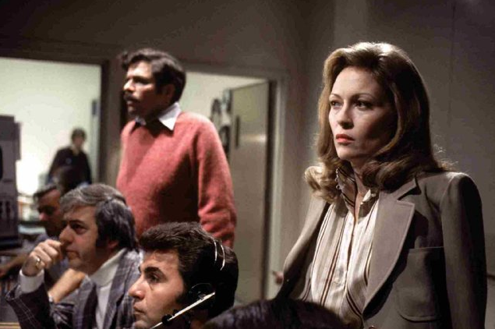Everybody’s in show biz

I’ve spent much of the last two decades “doing” both conventional academic work and freelance journalism, and over that time I’ve come to appreciate that academia and journalism share some similar problems. The one that interests me the most at the moment is the practical problem of producing what in many ways is or ought to be a public good, while at the same time needing to sell this good in or on the market.
In academia, this is reflected by the corporatization of the university, which comes down to giving students, conceptualized increasingly as just another species of customer, what they want, or think they want, as opposed to what they need. It’s an axiom of the market that the customer is always right, but that axiom is by definition inimical to the very idea of education, which is based on the idea that students are persons in need of edification, rather than conduits for the delivery of ever-more profitable forms of consumer satisfaction.
Journalism faces a similar conundrum, summed up nicely by Matt Taibbi:
What we call right-wing and liberal media in this country are really just two different strategies of the same kind of nihilistic lizard-brain sensationalism. The ideal CNN story is a baby down a well, while the ideal Fox story is probably a baby thrown down a well by a Muslim terrorist or an ACORN activist. Both companies offer the same service, it’s just that the Fox version is a little kinkier.
When you make the news into this kind of consumer business, pretty soon audiences lose the ability to distinguish between what they think they’re doing, informing themselves, and what they’re actually doing, shopping.
And who shops for products he or she doesn’t want? That’s why the consumer news business was always destined to hit this kind of impasse. You can get by for a long time by carefully selecting the facts you know your audiences will like, and calling that news. But eventually there will be a truth that displeases your customers. What do you do then?
Although there’s always a danger of romanticizing the past, there was a time not that long ago when most of higher education in America was primarily about something other than making money (although of course it always had to be about that too). I don’t know nearly as much about the history of American journalism, although I know enough to realize that the likes of William Randolph Hearst ruled much of that world many decades before Rupert Murdoch washed ashore. But that history also includes the likes of Edward Murrow, who apparently worked at a news division that was expected to lose money, since the bills were being paid by the entertainment side of the business, and it was understood by the William Paleys of the world that reporting the news had to be about something more than making a buck, or it wouldn’t be real reporting for long.
For a generation now, America has been bombarded by the message that the market is the proper measure of all things, and that pretty much everything ought to be sold to the highest bidder. The result is the disgusting spectacle of Trump campaign, which probably started out as a shameless publicity stunt, but is now getting such great ratings that there’s a non-trivial chance he could become president of the United States.


